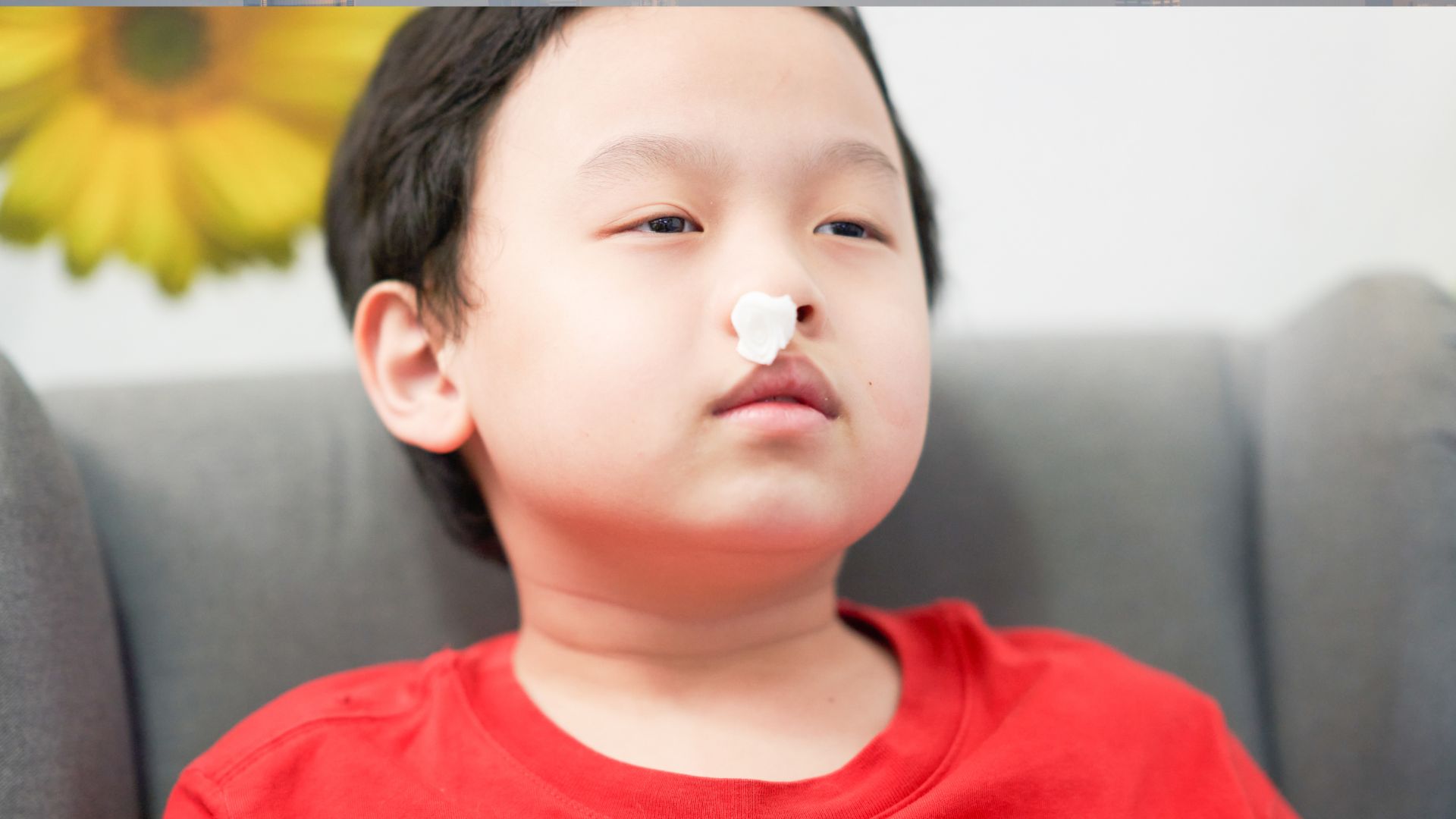Sleep apnea is a common sleep disorder characterized by pauses in breathing during sleep. These pauses, known as apneas, can occur multiple times per hour, leading to fragmented sleep and reduced oxygen levels in the body. There are three main types of sleep apnea: obstructive sleep apnea (OSA), central sleep apnea (CSA), and complex sleep apnea syndrome (CompSA).
Causes of Sleep Apnea
Obstructive sleep apnea (OSA) is typically caused by the relaxation of throat muscles during sleep, leading to a blocked airway. Central sleep apnea (CSA) occurs when the brain fails to send proper signals to the muscles that control breathing. Complex sleep apnea syndrome (CompSA) is a combination of both obstructive and central sleep apnea.
Symptoms of Sleep Apnea
Common symptoms of sleep apnea include loud snoring, morning headaches, excessive daytime sleepiness, irritability, and difficulty concentrating. These symptoms can significantly impact an individual’s quality of life and overall health.
Diagnosis of Sleep Apnea
Diagnosing sleep apnea often involves a sleep study, also known as polysomnography, which monitors various bodily functions during sleep. Home sleep tests may also be used to diagnose sleep apnea in some cases.
Impact on ENT Health
Sleep apnea can have a significant impact on ear, nose, and throat (ENT) health. Chronic snoring and breathing pauses during sleep can lead to inflammation of the throat tissues, nasal congestion, and ear problems such as middle ear infections.
Treatment Options
Treatment options for sleep apnea include lifestyle changes such as weight loss and smoking cessation, continuous positive airway pressure (CPAP) therapy, oral appliances, and surgical procedures to remove excess tissue from the throat.
Prevention Tips
Preventive measures for sleep apnea include maintaining a healthy weight, avoiding alcohol and sedatives before bedtime, and sleeping on one’s side rather than on the back.
Understanding the Link Between Sleep Apnea and ENT Health
The relationship between sleep apnea and ENT health is complex, with sleep-disordered breathing contributing to various ENT issues such as chronic rhinosinusitis, otitis media, and laryngopharyngeal reflux.
Importance of Seeking Treatment
Seeking treatment for sleep apnea is crucial not only for improving sleep quality but also for preventing long-term complications such as cardiovascular disease, stroke, and cognitive impairment.
Impact of Sleep Apnea on Quality of Life
Untreated sleep apnea can significantly impact an individual’s quality of life, leading to daytime fatigue, impaired cognitive function, mood disturbances, and decreased productivity.
Support and Resources
There are numerous support groups and resources available for individuals with sleep apnea, including educational materials, online forums, and healthcare providers specializing in sleep medicine.
Recent Advancements in Sleep Apnea Treatment
Recent advancements in sleep apnea treatment include innovative therapies such as hypoglossal nerve stimulation and upper airway stimulation, as well as emerging technologies for home sleep apnea testing and remote monitoring.
Case Studies and Success Stories
Real-life examples of individuals who have successfully overcome sleep apnea through treatment provide hope and inspiration for others struggling with the disorder.
Myths and Misconceptions About Sleep Apnea
Addressing common myths and misconceptions about sleep apnea can help raise awareness and promote understanding of this often misunderstood sleep disorder.
Conclusion
Sleep apnea is a serious sleep disorder that can have significant implications for ENT health and overall well-being. By understanding the causes, symptoms, diagnosis, and treatment options for sleep apnea, individuals can take proactive steps to improve their sleep quality and overall health.
FAQs
- Is snoring always a sign of sleep apnea?
- While snoring is a common symptom of sleep apnea, not everyone who snores has sleep apnea. However, chronic and loud snoring should be evaluated by a healthcare professional.
- Can sleep apnea be cured?
- While there is no cure for sleep apnea, it can be effectively managed with appropriate treatment, leading to significant improvements in symptoms and overall health.
- Are there any alternative treatments for sleep apnea besides CPAP therapy?
- Yes, alternative treatments for sleep apnea include oral appliances, surgical procedures, and lifestyle modifications such as weight loss and positional therapy.
- Can children have sleep apnea?
- Yes, sleep apnea can occur in children, particularly those who are overweight or have enlarged tonsils or adenoids. Pediatric sleep apnea requires prompt diagnosis and treatment to prevent complications.
- What should I do if I suspect I have sleep apnea?
- If you suspect you have sleep apnea, it’s essential to consult with a healthcare professional who specializes in sleep medicine. They can conduct a thorough evaluation and recommend appropriate diagnostic tests and treatment options.
About Author:
Dr. Vivek Kumar Pathak: Renowned ENT Surgeon, Senior Professor, and Founder.
Dr. Pathak, ENT surgeon at Kailash Hospital, Senior ENT Professor at Sharda University, and founder of Entegrity Care, brings expertise and innovation to healthcare. Discover the visionary behind Doxtreat Healthcare, shaping the future of ENT care.
Website www.drvivekpathak.com
Call +917838450942
WhatsApp +91 78384 50942
Book an appointment with Dr. Vivek kumar Pathak by filling the form.


